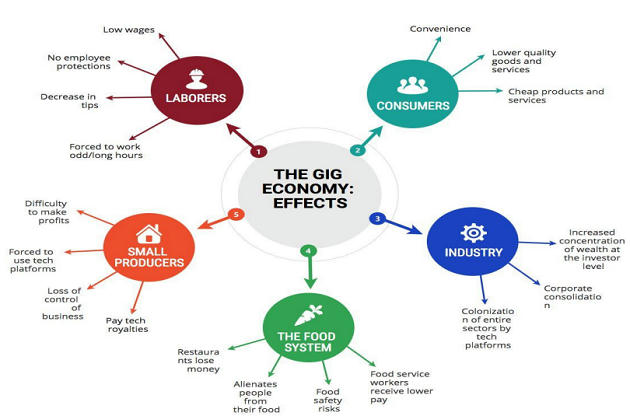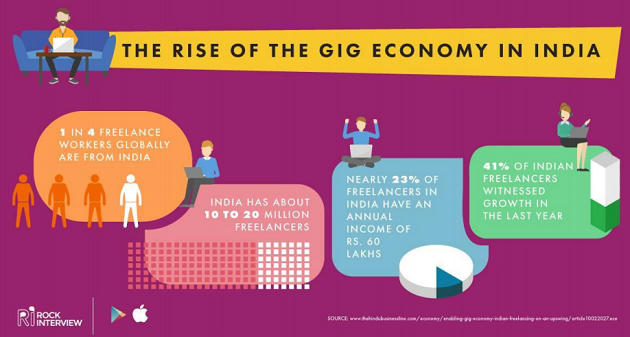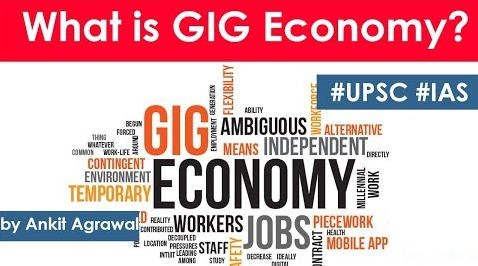Table of Contents
WHAT DOES THE WORD GIG MEANS?
- The term “gig” means “a job for a specified period of time” and is typically used in referring to musicians.
WHAT IS GIG ECONOMY?
- In a gig economy, companies tend towards hiring independent contractors and freelancers instead of fulltime employees.
- Temporary, flexible jobs are common in such economy.
- A gig economy undermines the traditional economy of fulltime workers who rarely change positions and instead focus on a lifetime career.
- The gig economy is based on flexible, temporary, or freelance jobs, often involving connecting with customers through an online platform.
- Those who don’t engage in using technological services such as the Internet tend to be left behind by the benefits of the gig economy.
IS PART-TIME IN A COMPANY COMES UNDER GIG ECONOMY?
- Companies still maintain a mostly formal structure with full and part-time employees.
- Working with someone in the gig economy means you’re working with someone who has no ties to any formal employment.
- These people are entirely responsible for their own income, taxes, and assignments.
BENEFITS OF GIG ECONOMY
- Greater flexibility to both employers & employees.
- Cost-effective
- It’s great for time management
- Businesses save resources in terms of benefits, office space and training.
PROBLEMS OF GIG ECONOMY
- The gig economy prizes speed over results
- Limited control on life. (working certain hours each day)
- Feeling Isolated
- You have to wear the Entrepreneur’s Hat
- Problems with legislature and compliance







Latest Burning Issues | Free PDF






















 WhatsApp
WhatsApp